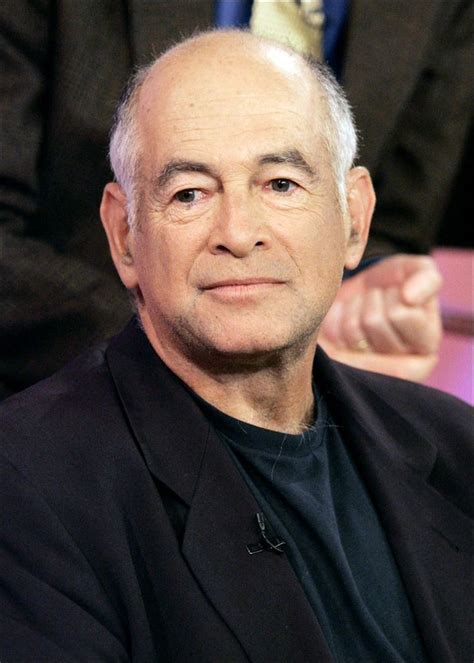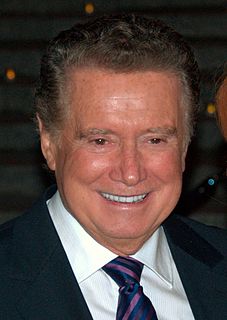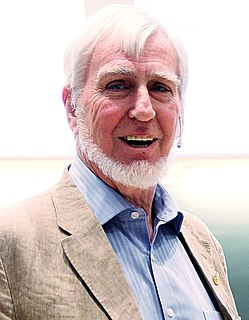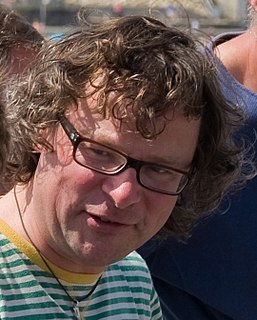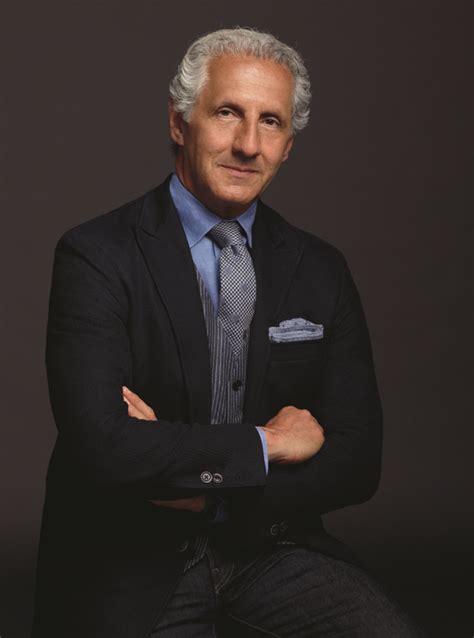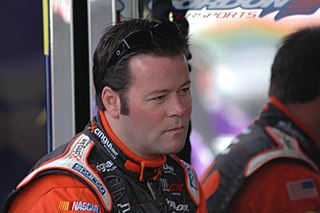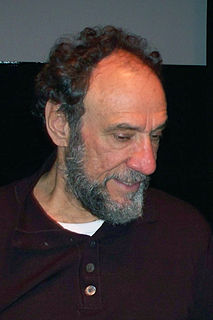A Quote by Gary David Goldberg
My father worked in the Post Office. A lot of double shifts. All his friends were in the same situation - truck drivers, taxi cab drivers, grocery clerks. Blue collar guys punching the clock and working long, hard hours. The thought that sustained them was the one at the center of the American dream.
Related Quotes
Sometimes I get drunk and I get into arguments with taxi drivers. And I get out the cab and I slam the door. That's not the way to win an argument with a taxi driver. The way to win is you get out of the cab and you leave the door open. And then he has to step out and come around and close that door. And while he's doing that, I'm on the other side opening the other doors-and we just go around and around and around, and I got my own Benny Hill situation going on in life.
A popular bumper sticker post-9/11, and pretty faded these days, proclaims drivers of the cars to be 'Proud to be an American.' It really should say 'Lucky to be an American,' for I doubt very much that the drivers had much say in having been born here, and are not old enough to have participated in the drafting of the Constitution.
There were always men looking for jobs in America. There were always all these usable bodies. And I wanted to be a writer. Almost everybody was a writer. Not everybody thought they could be a dentist or an automobile mechanic but everybody knew they could be a writer. Of those fifty guys in the room, probably fifteen of them thought they were writers. Almost everybody used words and could write them down, i.e., almost everybody could be a writer. But most men, fortunately, aren't writers, or even cab drivers, and some men - many men - unfortunately aren't anything.
